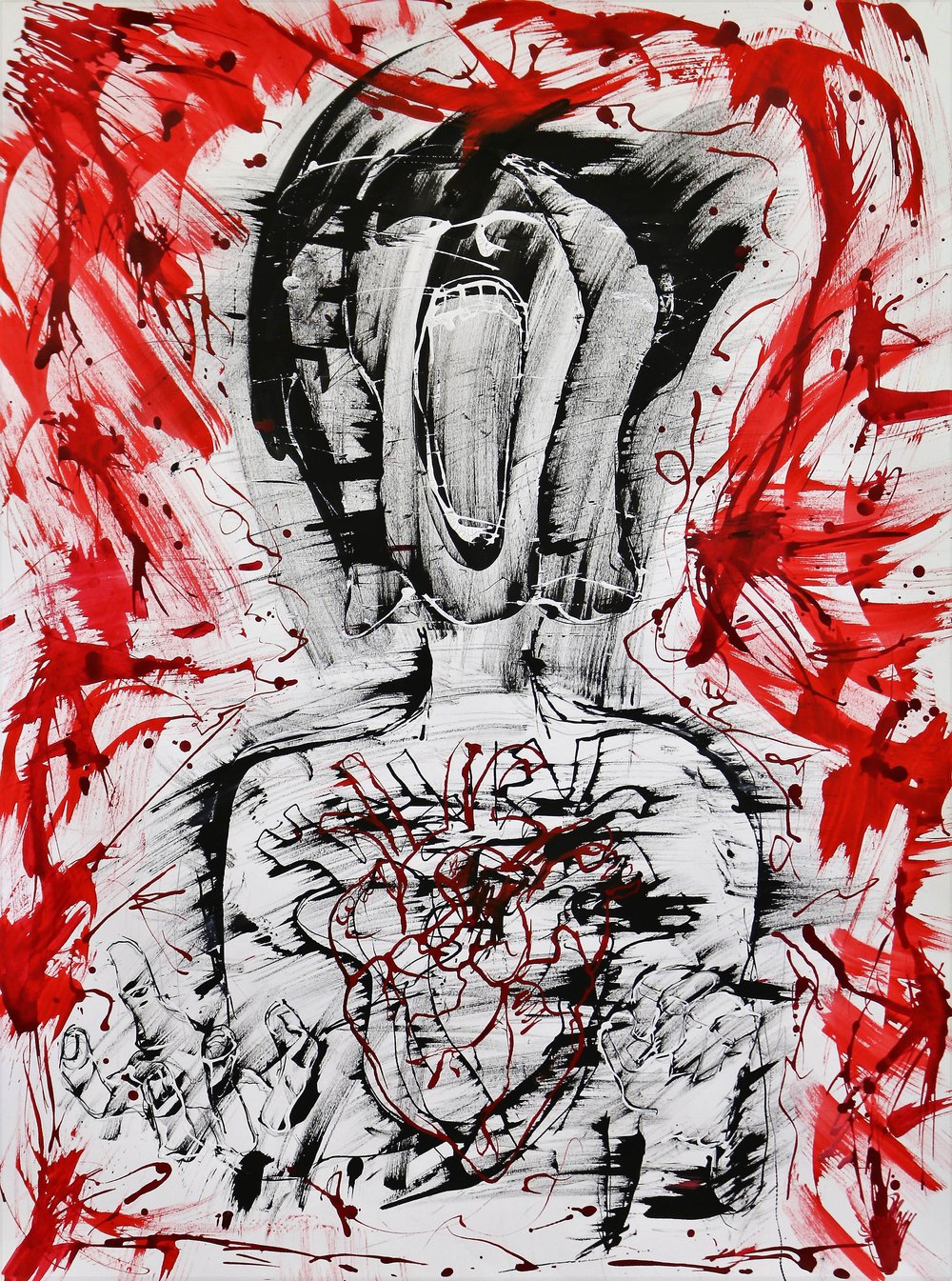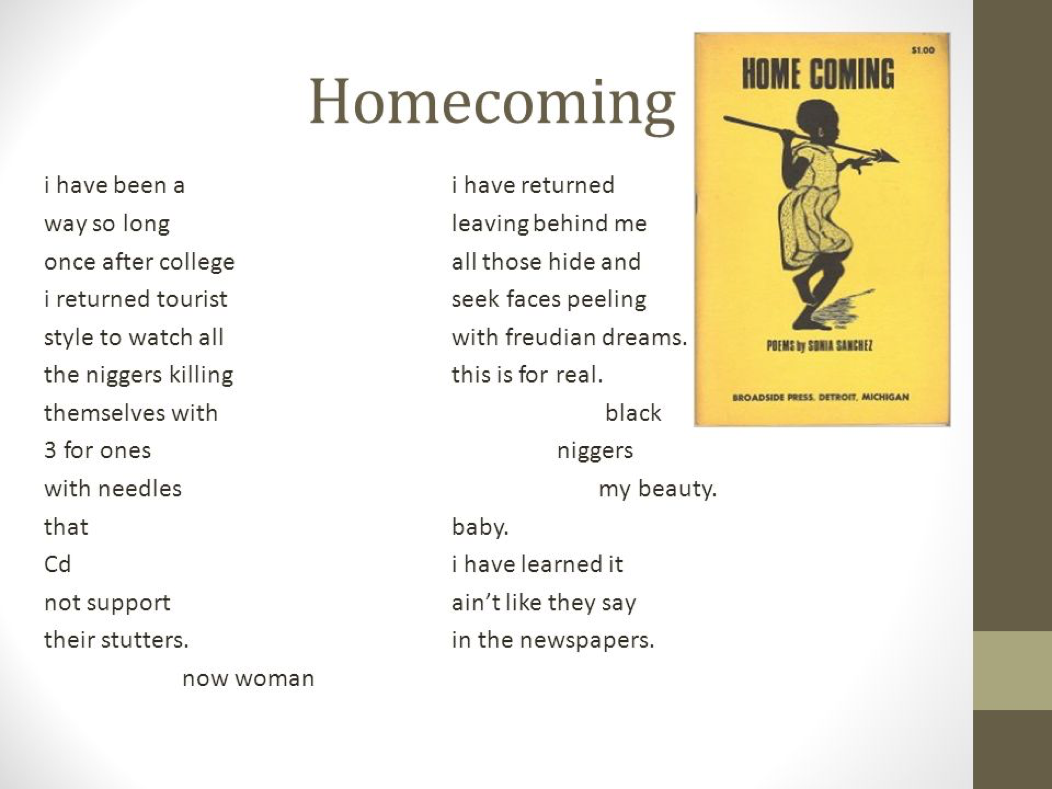My passion posts were able to combine something I love and something I strongly advocate for. Poetry has always been something I’ve enjoyed, and I love the stories the words can tell us in such a beautiful arrangement. As for the advocacy, similar to what my CI thread was about, I believe having the capability to listen and understand different perspectives is a necessary tool every human should have if they wish to go somewhere in life. With the combination of these 2 things, I was able to create a meaningful thread I hope you all have enjoyed.
Most of the poetry I currently read has happier themes and talks about life overall. This made diving into the poems of the 60s quite an interesting adventure in which I discovered a lot on the journey. I learned about new poets I hadn’t heard of before, and new perspectives from that time. It was especially interesting to analyze the differences in not just the themes across the poems, but also the writing style, word usage, and overall layout of them.
The point of my passion posts was to prove that perspective does matter, and we all go through the path of life in different ways. Depending on our race, gender, sexuality, age, etc., we view things in our own way, which is why exposure to different narratives is so important. Throughout my PAS posts, you were able to witness firsthand how this can happen, and I hope you were able to take something from it.
I’ve said it time and time again, but most people only wish to advocate or pay attention to problems that directly affect their lives. It makes sense and we are all subject to advocating for causes that we feel personally connected to, but I think developing a sense of empathy for the things that you do not have a direct connection with helps you grow as a human.
I believe we learn the most from people and their stories, so having the ability to not just listen but feel compassion and empathy for other people’s tales is what I believe makes a human being open-minded and kind- the best combination. I hope that you view the world with open eyes and the ability to hear or view multiple perspectives, and I think you will learn a lot.





